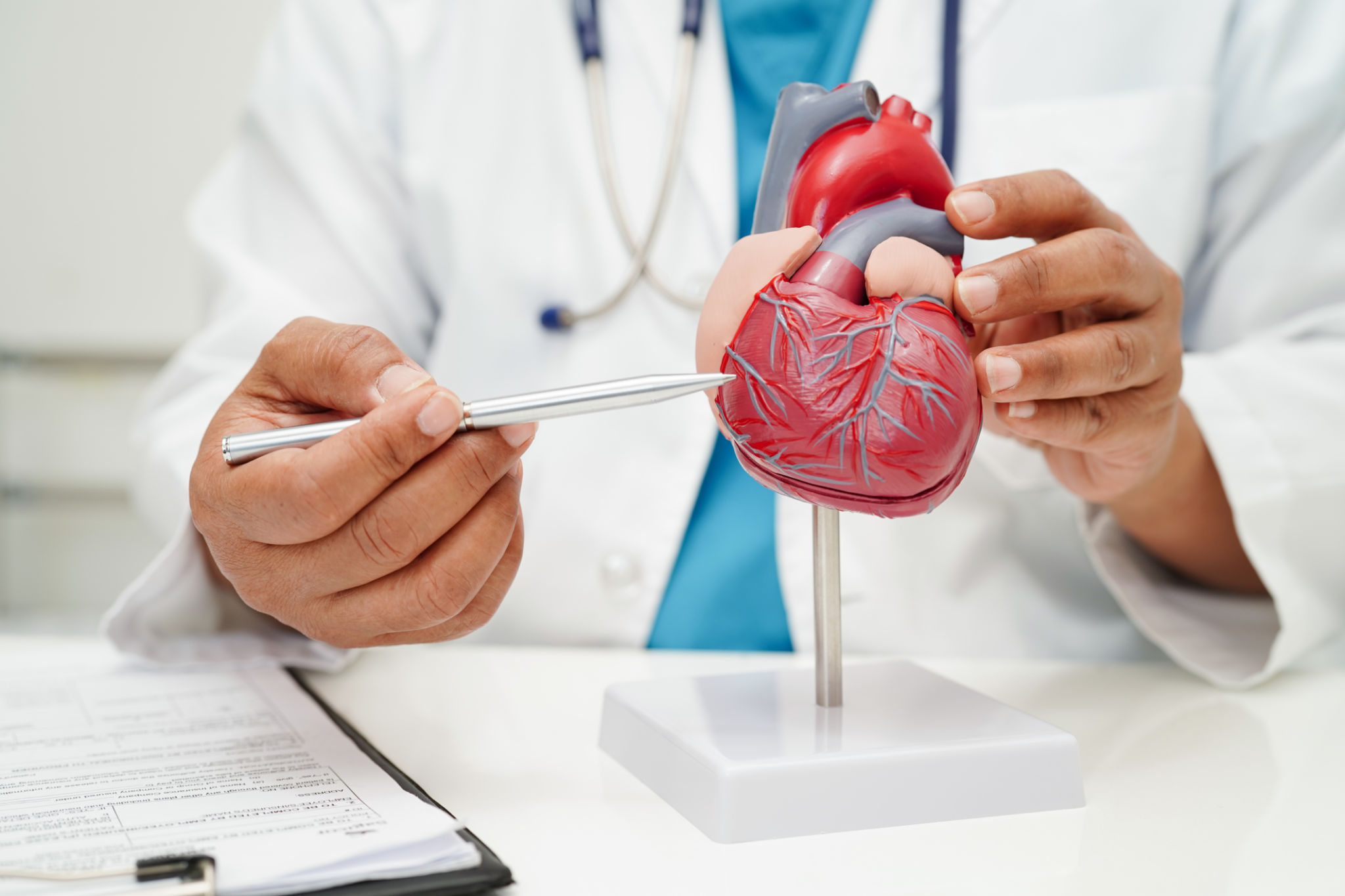Why Cardiologists Are Needed Now More Than Ever
The Growing Demand for Cardiologists
Cardiologists play a crucial role in healthcare. Their expertise in heart health is vital for diagnosing and treating cardiovascular diseases. Today, the need for cardiologists has never been greater.
Heart disease remains the leading cause of death globally. As populations age, the incidence of heart-related conditions increases. This trend underscores the importance of having skilled cardiologists available to provide care.
Rising Cardiovascular Health Issues
Many factors contribute to the rise in cardiovascular health issues. Poor diet, lack of exercise, and high stress levels are significant contributors. These lifestyle choices lead to conditions like hypertension and obesity, which increase the risk of heart disease.
Early diagnosis and intervention can prevent many severe outcomes. Cardiologists are trained to identify risk factors and provide effective treatment plans. Their role in preventive care is essential for improving patient outcomes.
Advancements in Cardiac Care
Medical technology has advanced rapidly in recent years. New diagnostic tools and treatments have transformed cardiac care. Cardiologists must stay updated with these advancements to provide the best care possible.
From minimally invasive procedures to cutting-edge imaging techniques, cardiologists use a range of tools to diagnose and treat heart conditions. These advancements make it possible to treat patients more effectively and with fewer complications.

Impact of an Aging Population
The global population is aging. As highlights the need for more cardiologists.
Older adults often have multiple health issues that complicate heart disease treatment. Cardiologists must manage these complexities to provide comprehensive care. Their expertise is crucial in ensuring that older patients receive the best possible treatment.
Importance of Preventive Care
Preventive care is a key aspect of cardiology. By addressing risk factors early, cardiologists can help patients avoid serious health issues. Education and lifestyle changes are often part of this preventive approach.
Cardiologists work with patients to develop healthy habits. These changes can significantly reduce the risk of heart disease. Preventive care not only improves individual health but also reduces the overall burden on healthcare systems.

Conclusion
The need for cardiologists is more pressing, treating, and preventing heart disease.
As medical technology continues to advance, the role of cardiologists will only become more important. Their ability to stay at the forefront of these changes ensures that patients receive the best possible care. Investing in cardiology is crucial for a healthier future.